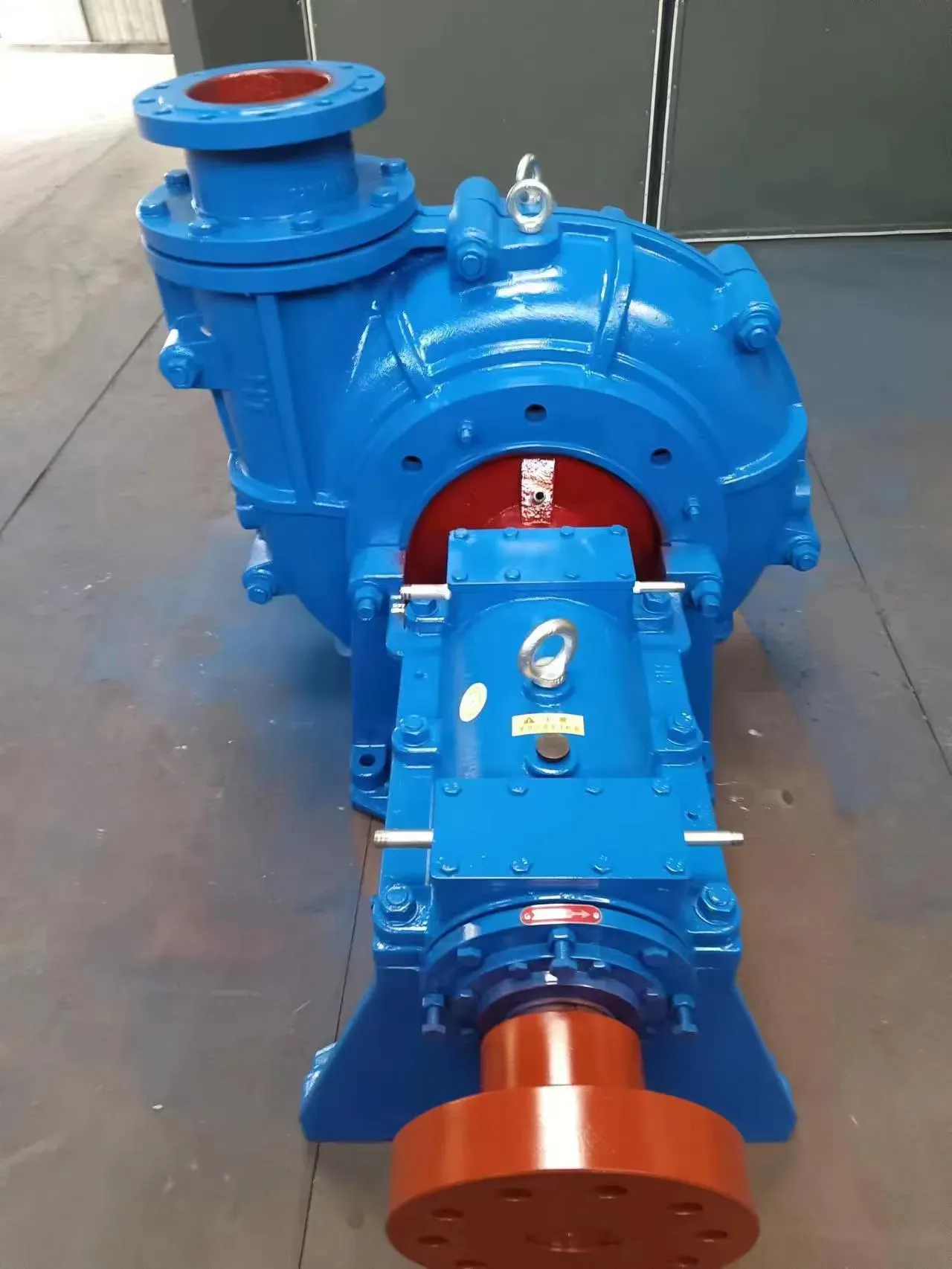kazakh
- Afrikaans
- Albanian
- Amharic
- Arabic
- Armenian
- Azerbaijani
- Basque
- Belarusian
- Bengali
- Bosnian
- Bulgarian
- Catalan
- Cebuano
- Corsican
- Croatian
- Czech
- Danish
- Dutch
- English
- Esperanto
- Estonian
- Finnish
- French
- Frisian
- Galician
- Georgian
- German
- Greek
- Gujarati
- Haitian Creole
- hausa
- hawaiian
- Hebrew
- Hindi
- Miao
- Hungarian
- Icelandic
- igbo
- Indonesian
- irish
- Italian
- Japanese
- Javanese
- Kannada
- kazakh
- Khmer
- Rwandese
- Korean
- Kurdish
- Kyrgyz
- Lao
- Latin
- Latvian
- Lithuanian
- Luxembourgish
- Macedonian
- Malgashi
- Malay
- Malayalam
- Maltese
- Maori
- Marathi
- Mongolian
- Myanmar
- Nepali
- Norwegian
- Norwegian
- Occitan
- Pashto
- Persian
- Polish
- Portuguese
- Punjabi
- Romanian
- Russian
- Samoan
- Scottish Gaelic
- Serbian
- Sesotho
- Shona
- Sindhi
- Sinhala
- Slovak
- Slovenian
- Somali
- Spanish
- Sundanese
- Swahili
- Swedish
- Tagalog
- Tajik
- Tamil
- Tatar
- Telugu
- Thai
- Turkish
- Turkmen
- Ukrainian
- Urdu
- Uighur
- Uzbek
- Vietnamese
- Welsh
- Bantu
- Yiddish
- Yoruba
- Zulu
Telephone: +86 13120555503
Email: frank@cypump.com
Қыр . 22, 2024 10:09 Back to list
septic pumpers
Understanding the Importance of Septic Pumping A Guide for Homeowners
When it comes to maintaining a healthy and functional home, many homeowners often overlook their septic systems. This can lead to significant problems down the line, making it essential to understand the role of septic pumpers and the importance of routine septic system maintenance.
A septic system is an underground wastewater treatment solution commonly used in rural areas where municipal sewer systems are not available. The system consists of a septic tank and a drain field. As wastewater from the home flows into the septic tank, solids settle to the bottom, forming sludge, while lighter materials rise to the top, creating scum. The relatively clear liquid in the middle, known as effluent, is then discharged into the drain field for further treatment and absorption into the soil.
Over time, solids in the septic tank accumulate, and if not regularly pumped out, they can overflow into the drain field. This overflow can lead to sewage backups in the home, unpleasant odors, and environmental contamination. Thus, it is crucial to schedule routine pumping of the septic tank, typically every 3 to 5 years, although the frequency may vary based on the size of the tank and the number of household occupants.
septic pumpers

Hiring a professional septic pumper is essential for ensuring that the job is done safely and effectively. Septic pumpers are trained to handle the hazardous materials contained within septic systems. They use specialized equipment to pump out the septic tank and dispose of the waste appropriately, following local regulations and environmental guidelines.
In addition to pumping, septic pumpers often inspect the tank and system for signs of wear or damage. They can identify potential issues, such as cracks in the tank or problems with the drain field, early on, allowing homeowners to address them before they escalate into costly repairs. Regular maintenance visits can save homeowners significant amounts of money in the long run and ensure the longevity of the septic system.
Homeowners should also be mindful of their water usage and waste disposal practices to extend the life of their septic system. For example, excessive water consumption can overload the system, while flushing non-biodegradable materials can create blockages and increase sludge buildup. Implementing water-efficient fixtures and being mindful of what goes down the drain can significantly benefit the septic system.
In conclusion, understanding the role of septic pumpers and the importance of septic maintenance is crucial for homeowners relying on septic systems. By scheduling regular pumping and being proactive about system care, homeowners can avoid unpleasant backups and costly repairs while ensuring their septic systems function efficiently for years to come. It’s a small investment in peace of mind and overall home health.
-
ISG Series Vertical Pipeline Pump - Chi Yuan Pumps Co., LTD.|High Efficiency, Low Noise, Durable
NewsAug.02,2025
-
ISG Series Vertical Pipeline Pump - Chi Yuan Pumps | High Efficiency, Low Noise
NewsAug.02,2025
-
ISG Series Vertical Pipeline Pump- Chi Yuan Pumps Co., LTD.|High Efficiency&Compact Design
NewsAug.02,2025
-
Heavy-Duty Mining Sludge Pumps - Wear-Resistant Slurry Handling
NewsAug.02,2025
-
Horizontal Split Case Pump with GPT-4 Turbo | High Efficiency
NewsAug.01,2025
-
ISG Series Pipeline Pump - Chi Yuan Pumps | High Efficiency, Durable Design
NewsAug.01,2025










